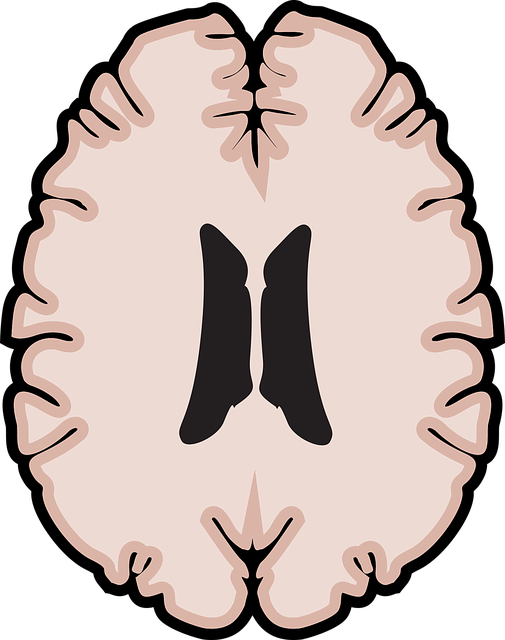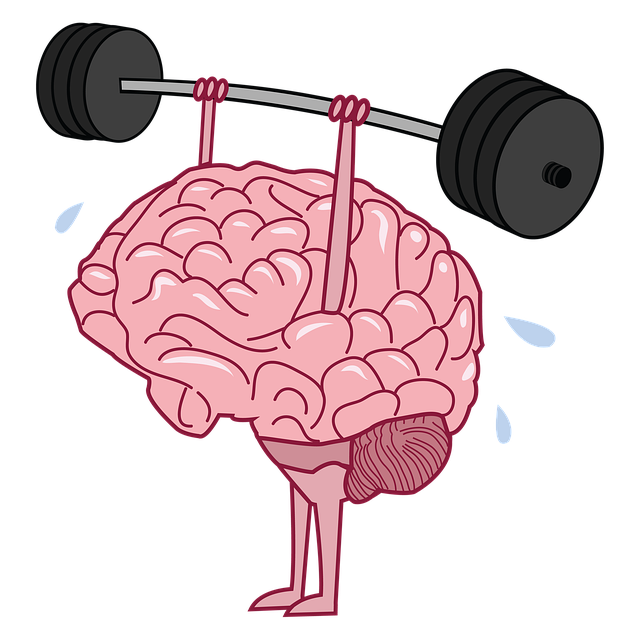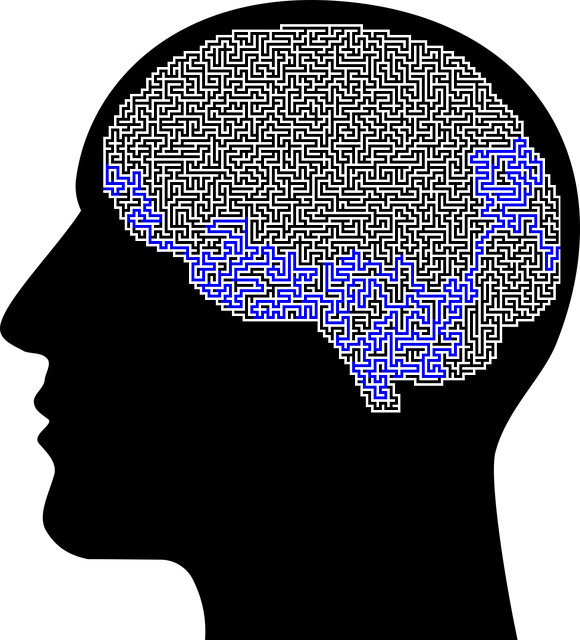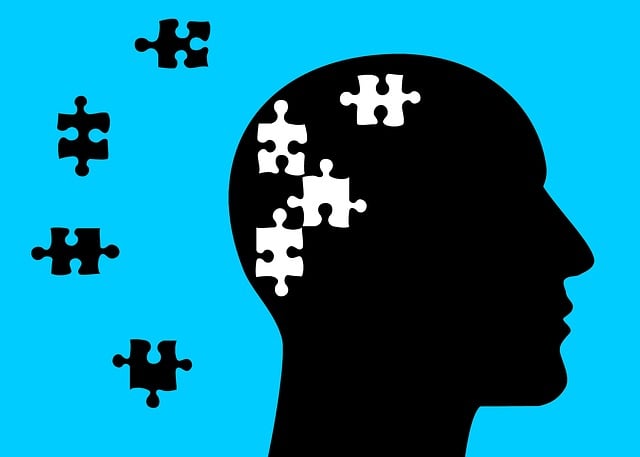Mental health professionals specializing in therapy for cancer issues face burnout and secondary traumatic stress due to emotional demands, high caseloads, and research pressure. Mindfulness meditation is an effective tool to manage these challenges. Key strategies for risk assessment include mental health awareness and emotional regulation techniques, such as identifying subtle client behavior shifts through continuous professional development. Mitigation involves cultivating emotional intelligence, tailored self-care routines, and inner strength development through therapy. Proactive measures ensure professionals can thrive and provide quality care, fostering a sustainable healthcare environment. Regular assessments, Self-Awareness Exercises, and open communication strengthen the therapeutic bond in therapy for cancer issues, leading to positive outcomes.
Mental health professionals face unique risks that can impact their well-being and practice. This article delves into the essential risk assessment process tailored to this sector, exploring the specific challenges they encounter. We outline key components of a comprehensive risk evaluation, including identifying factors like workload, client caseloads, and potential burnout triggers. Strategies for mitigating risks and managing therapy for cancer issues are discussed, emphasizing the importance of continuous monitoring and adaptation in maintaining a healthy work environment.
- Understanding Mental Health Professional's Unique Risks
- Essential Components of a Comprehensive Risk Assessment
- Strategies for Mitigating and Managing Identified Risks
- The Role of Continuous Monitoring and Adaptation in Therapy for Cancer Issues
Understanding Mental Health Professional's Unique Risks

Mental health professionals, while dedicated to helping others, often face unique challenges that can lead to increased risk of burnout and even secondary traumatic stress disorder (STSD). These professionals consistently expose themselves to deeply personal and sensitive information from their clients—a burden that can be emotionally taxing. The nature of therapy for cancer issues, for instance, requires intense emotional healing processes, which can take a toll on the therapist’s mental well-being over time.
Moreover, the pressure to stay updated with the latest research and therapeutic techniques in an ever-evolving field, along with managing demanding caseloads, contributes to high stress levels. Public awareness campaigns development, while beneficial for promoting mental health, can also increase the visibility of these professionals’ work, adding another layer of responsibility and scrutiny. Mindfulness meditation has emerged as a valuable tool to combat these risks, offering a means to process complex emotions and maintain self-care in an emotionally demanding profession.
Essential Components of a Comprehensive Risk Assessment

A comprehensive risk assessment for mental health professionals involves several crucial components to ensure patient safety and well-being. Firstly, thorough mental health awareness is paramount. Professionals must be adept at recognizing subtleties in client presentations, including changes in mood, behavior, or communication patterns that could indicate escalating risks. This requires ongoing professional development and a deep understanding of various mental health disorders and their manifestations.
Secondly, incorporating techniques for emotional regulation and coping skills development into the assessment process is vital. Mental health professionals should be skilled in helping clients identify and manage intense emotions, develop adaptive coping strategies, and build resilience. By integrating these skills into risk assessments, professionals can better support clients in managing crises and promoting long-term mental well-being, especially when addressing therapy for cancer issues or other challenging life events.
Strategies for Mitigating and Managing Identified Risks

Identifying risks is only the first step; effective strategies for mitigating and managing them are equally crucial. Mental health professionals can employ several evidence-based techniques to safeguard their well-being while providing quality care. One key approach involves cultivating emotional intelligence, enabling professionals to recognize and manage their emotions effectively, thereby enhancing resilience. This includes practicing self-care routines tailored to individual needs, such as regular exercise, mindfulness practices, or engaging in a Mental Wellness Podcast Series Production for ongoing learning and support.
Additionally, fostering inner strength development through therapy for cancer issues, trauma, or other challenges can equip professionals with coping mechanisms. By acknowledging and addressing personal vulnerabilities, they can better navigate the emotional demands of their work. These proactive measures not only protect mental health professionals but also contribute to a more sustainable and compassionate healthcare environment where practitioners can thrive while making a positive impact on their clients’ lives.
The Role of Continuous Monitoring and Adaptation in Therapy for Cancer Issues

In the realm of mental health care, continuous monitoring and adaptation are pivotal components of successful therapy for cancer issues. As the Cancer landscape evolves with advancements in treatment and patient needs changing over time, therapists must remain agile. Regular assessment and ongoing observation allow professionals to tailor interventions effectively, ensuring that each patient receives personalized support. This dynamic approach is particularly crucial in managing complex conditions where mood fluctuations and emotional challenges are common. By integrating Self-Awareness Exercises into therapy routines, mental health practitioners can empower patients with the tools to track their progress and anticipate potential triggers, thereby enhancing coping mechanisms and improving overall Mood Management.
Risk Assessment for Mental Health Professionals guides this continuous monitoring process by identifying vulnerabilities and proactive interventions. It involves staying attuned to patient disclosures, behavioral shifts, and any signs of deteriorating mental health. Through regular check-ins and adaptive strategies, therapists foster a safe space where patients can openly discuss their experiences, fears, and hopes. This collaborative effort not only strengthens the therapeutic bond but also enables professionals to make informed decisions, adapt treatment plans, and ultimately contribute to positive outcomes in cancer care.
Mental health professionals face unique risks that demand a thorough understanding and proactive management. By conducting comprehensive risk assessments, identifying vulnerabilities, and implementing tailored strategies, practitioners can effectively mitigate potential harms. This process is paramount in ensuring patient safety and fostering a resilient therapeutic environment, especially when addressing complex issues like therapy for cancer. Continuous monitoring and adaptability are key to staying ahead of emerging risks, allowing professionals to provide the best possible care.














